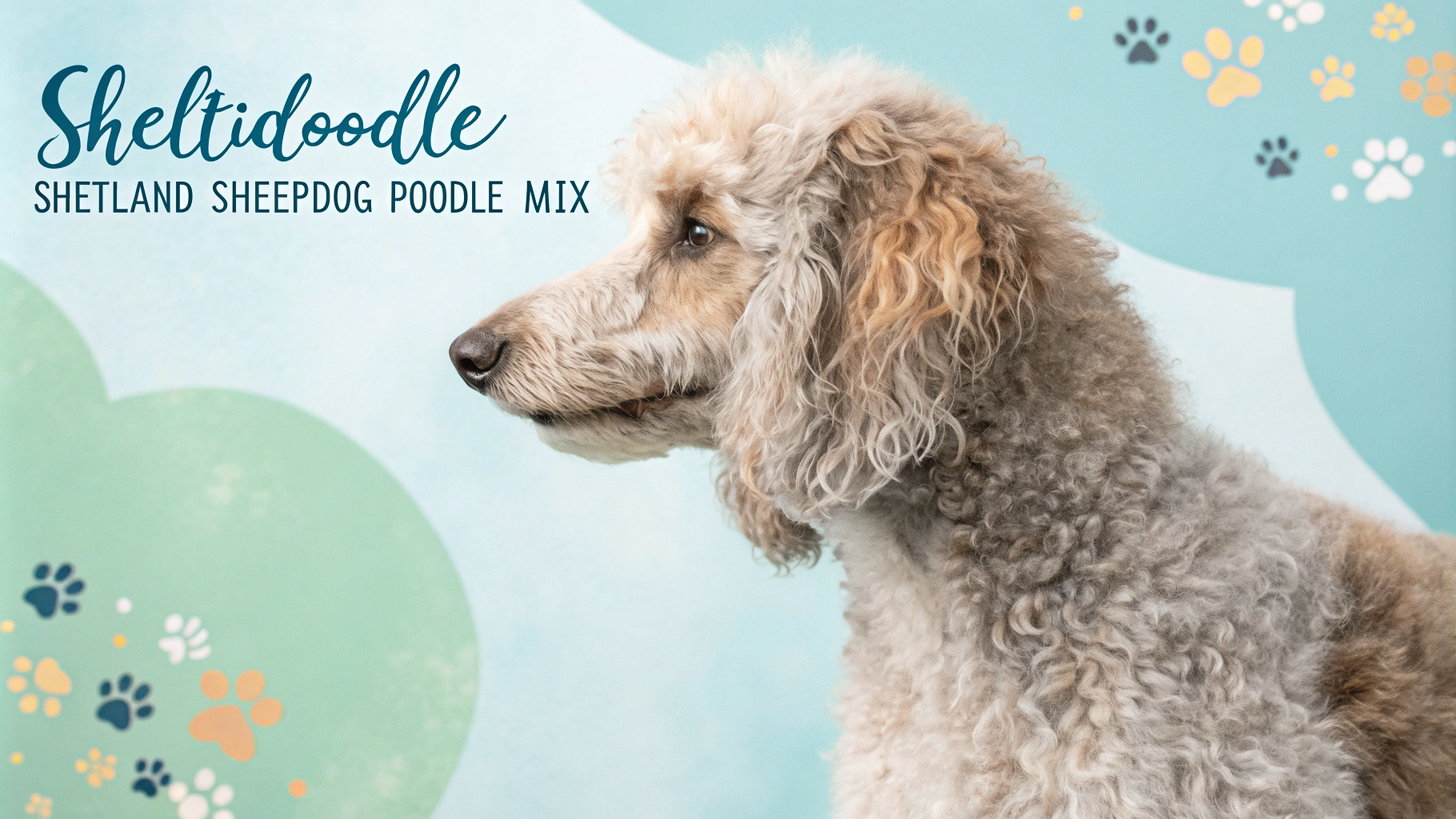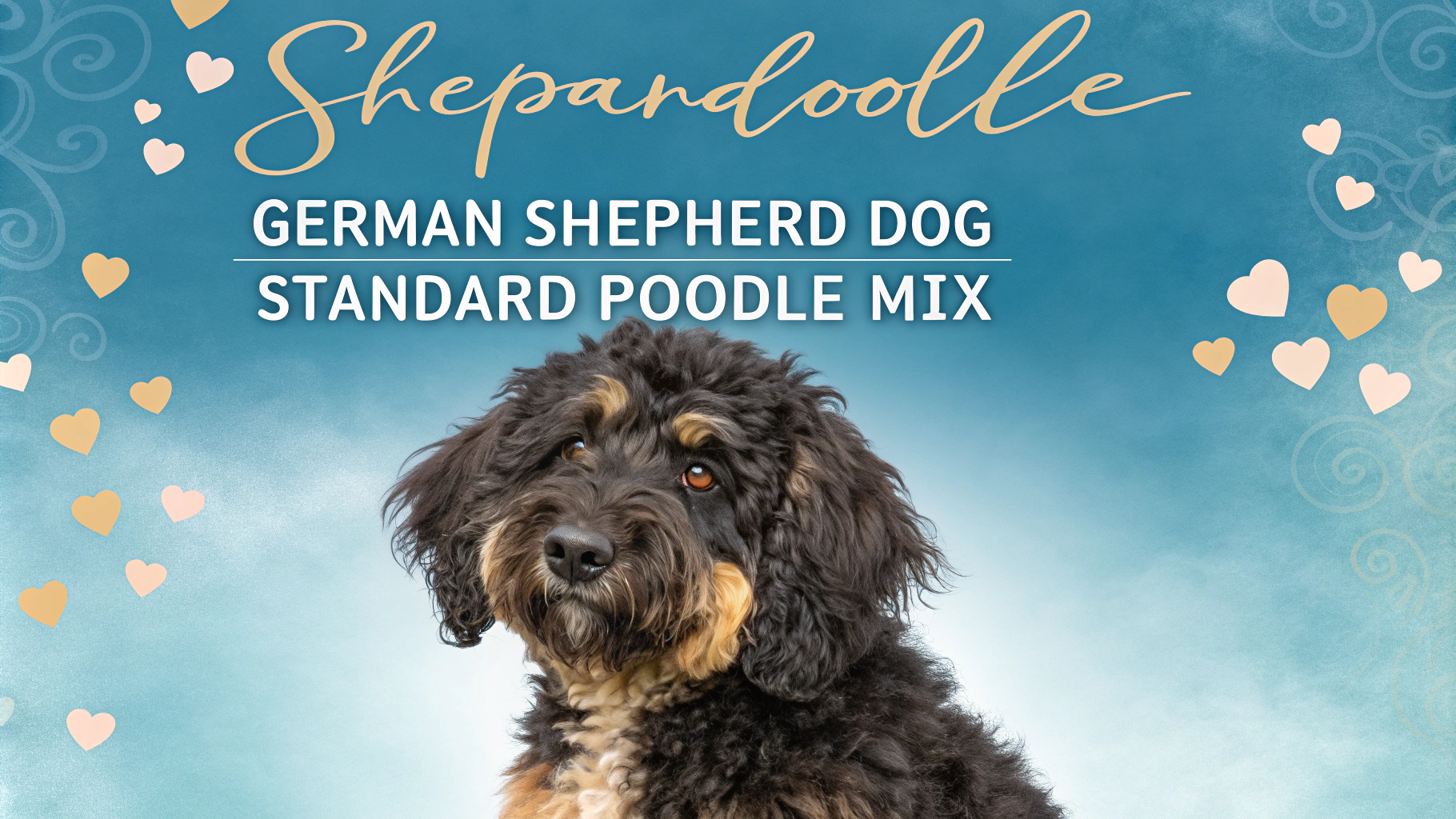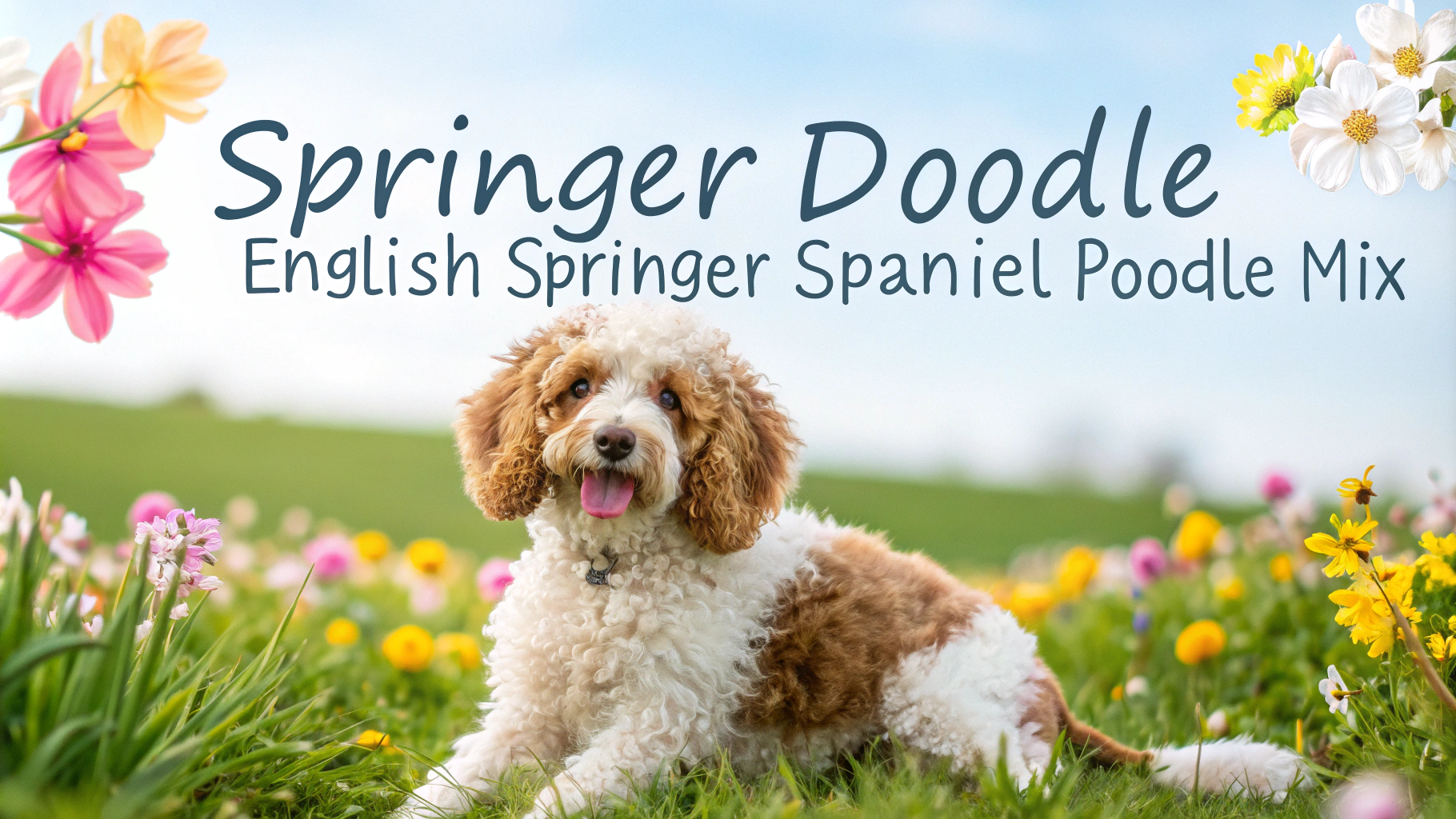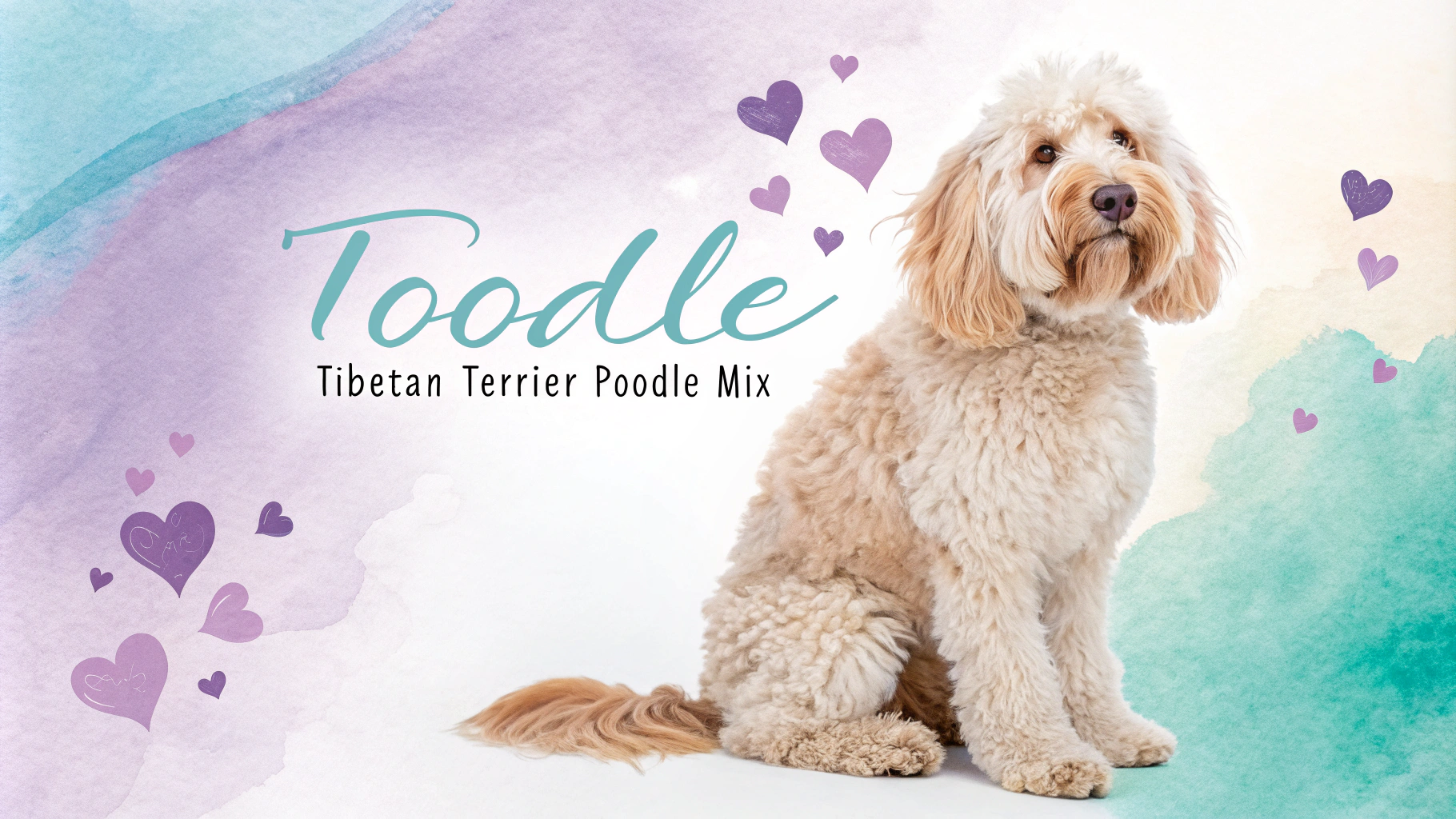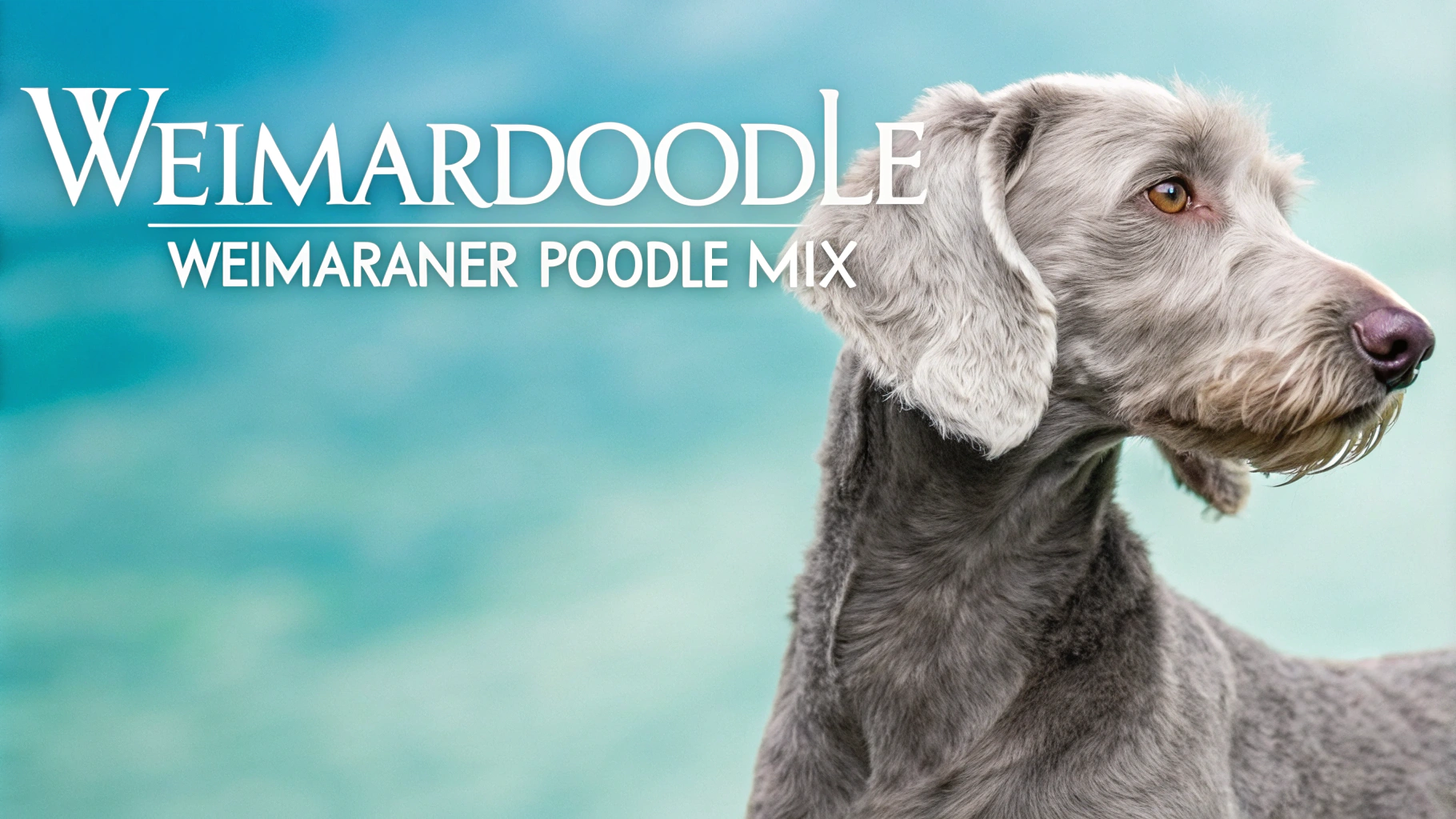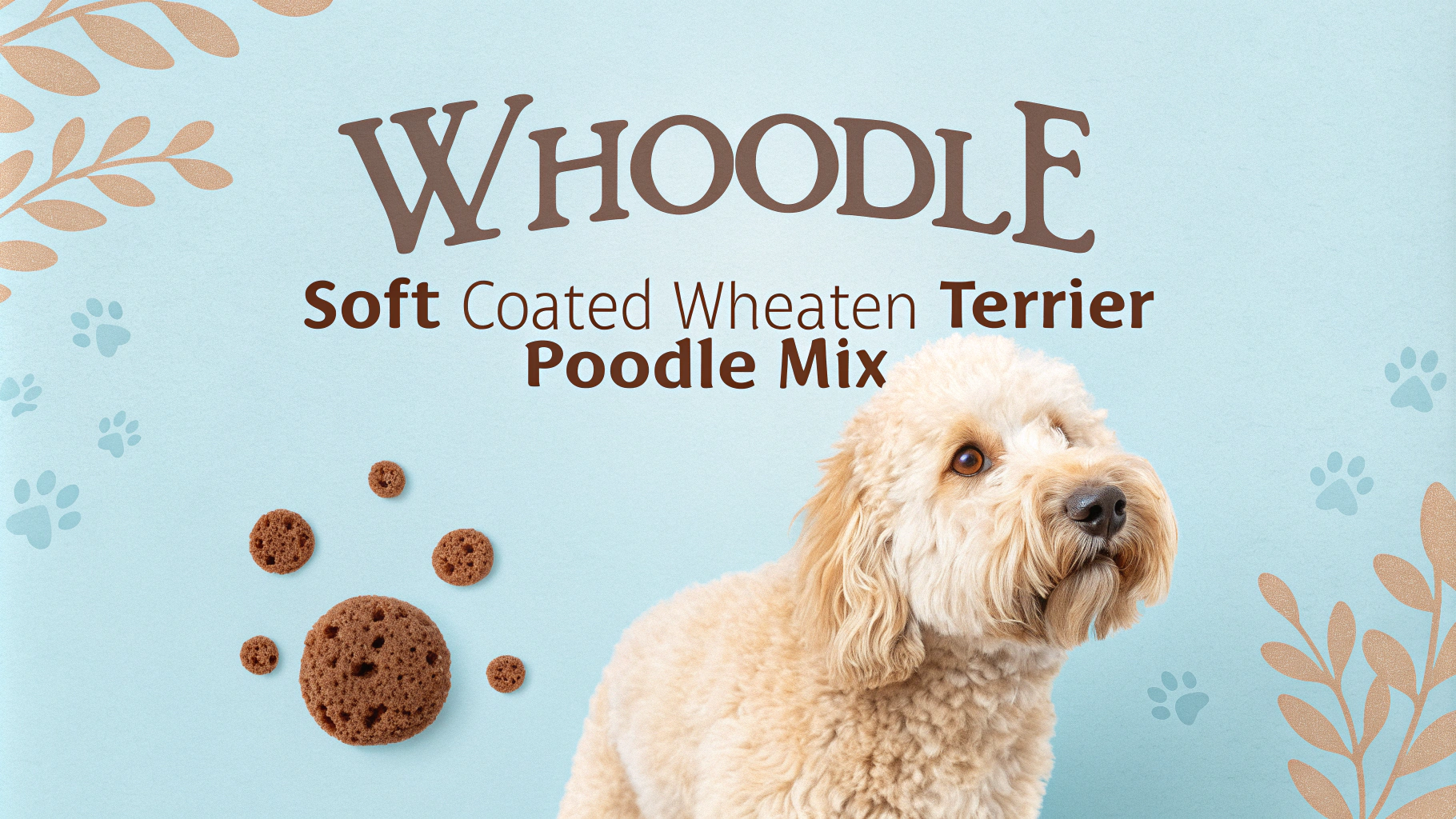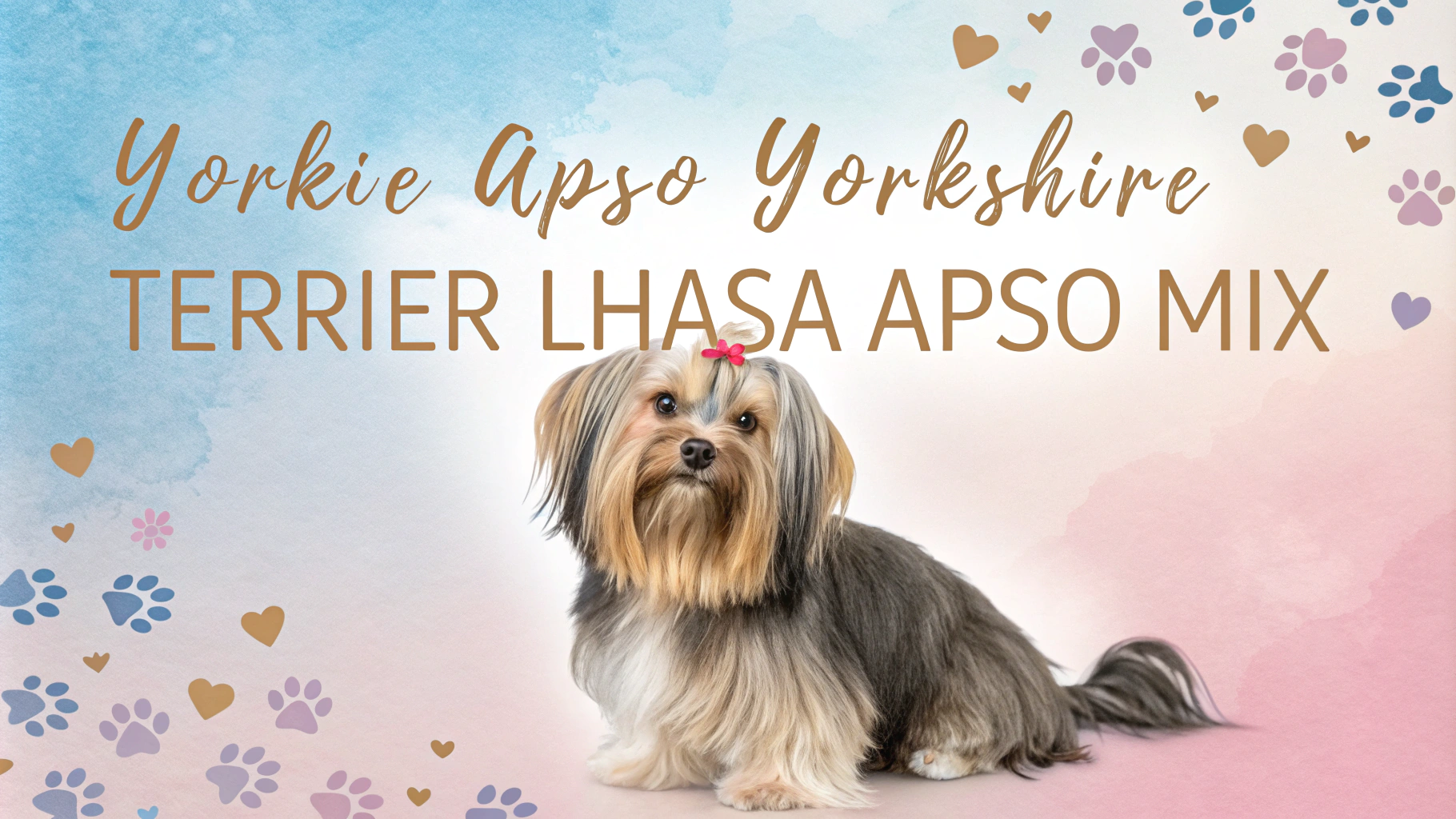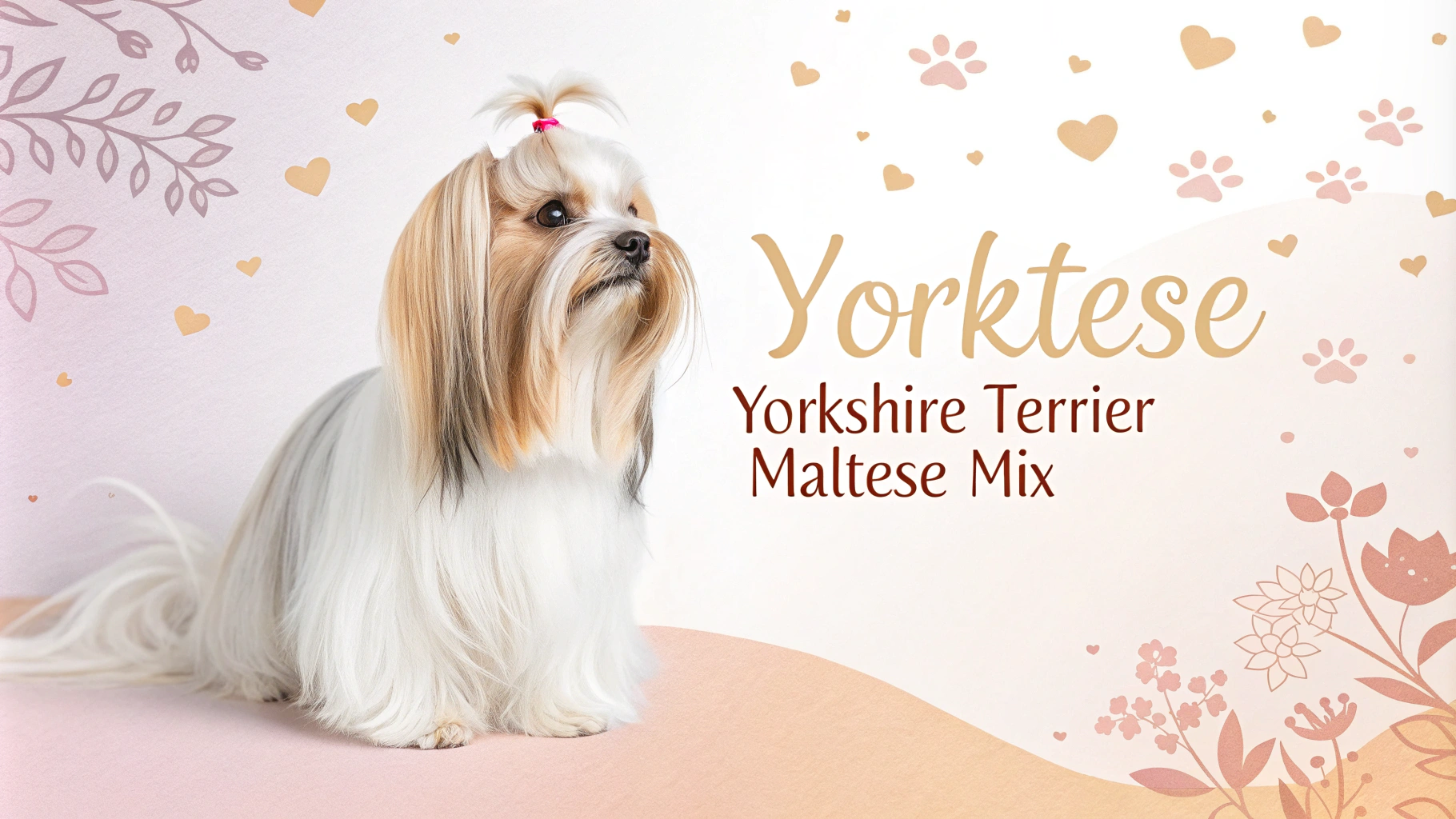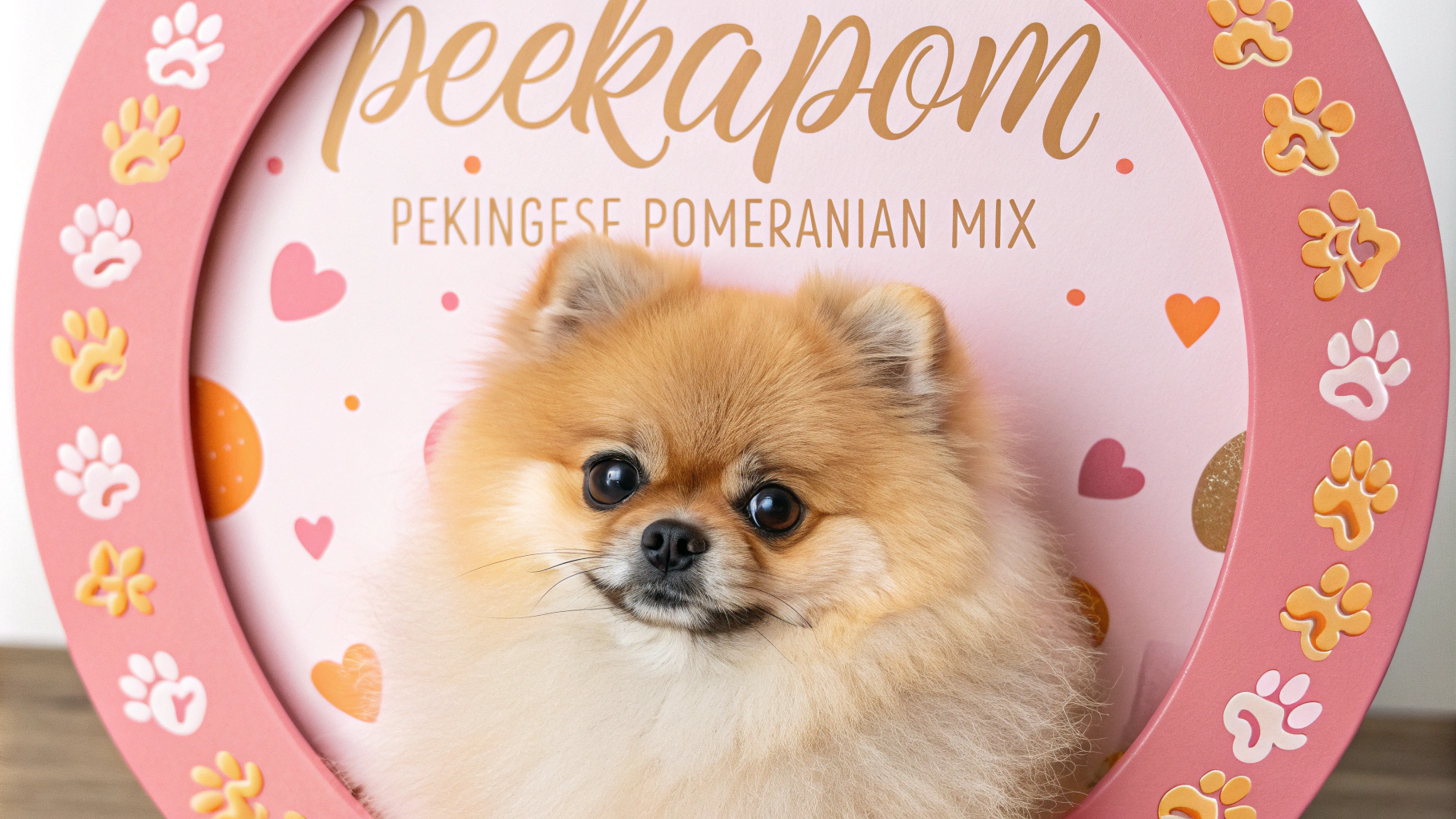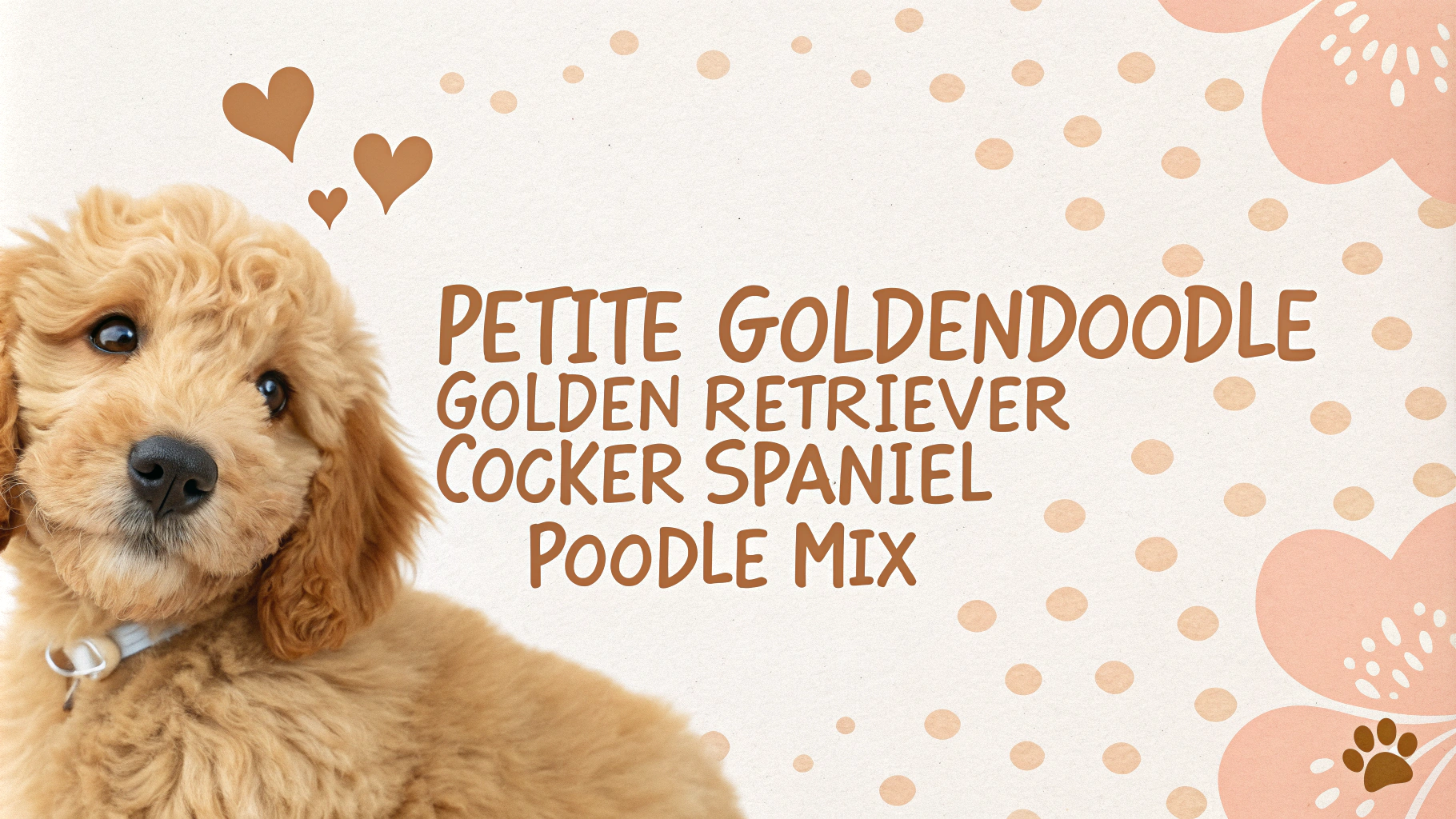The Shepadoodle is a mixed breed dog resulting from crossing a German Shepherd Dog with a Standard Poodle. This hybrid combines the intelligence and loyalty of both parent breeds, creating a versatile and affectionate companion. Shepadoodles are known for their energetic nature, trainability, and potential for reduced shedding compared to purebred German Shepherds. As with any mixed breed, individual Shepadoodles may inherit varying traits from each parent, resulting in a range of physical and behavioral characteristics.
Key Facts
- Size: Large (22-28 inches tall, 50-90 pounds)
- Lifespan: 10-14 years
- Coat: Medium to long, can be wavy or curly
- Colors: Black, brown, white, cream, or combinations
- Temperament: Intelligent, loyal, energetic
- Good with children: Yes, when properly socialized
- Good with other pets: Generally, but early socialization is important
- Trainability: High
- Exercise needs: High
- Grooming: Moderate to high maintenance
Character Traits
Shepadoodles inherit a blend of personality traits from their German Shepherd and Poodle parents, resulting in a intelligent, loyal, and energetic companion. These dogs are typically friendly and affectionate with their families, displaying a strong bond with their owners. They are often good with children and can be sociable with other pets when properly introduced and trained. Shepadoodles are known for their high energy levels and require regular mental and physical stimulation to prevent boredom and potential destructive behaviors.
The intelligence inherited from both parent breeds makes Shepadoodles highly trainable and eager to please. They excel in various activities, including obedience, agility, and even service or therapy work. However, their intelligence also means they can be independent thinkers and may occasionally display stubbornness. Early socialization and consistent training are crucial to ensure a well-mannered and balanced adult dog.
Shepadoodles often inherit the protective instincts of the German Shepherd, making them excellent watchdogs. While generally not aggressive, they may be initially wary of strangers and will alert their owners to potential threats. With proper socialization, they can learn to distinguish between normal situations and genuine threats, becoming confident and well-adjusted companions.
History & Origins
The Shepadoodle is a relatively new designer dog breed, likely originating in the late 20th or early 21st century as part of the growing trend of creating hybrid dogs. While the exact origins of the Shepadoodle are not well-documented, it is believed that breeders aimed to combine the intelligence, loyalty, and working abilities of the German Shepherd with the hypoallergenic coat and high trainability of the Poodle.
The German Shepherd Dog, one of the parent breeds, was developed in Germany in the late 19th century by Captain Max von Stephanitz. Originally bred as a herding dog, the German Shepherd quickly gained popularity as a versatile working dog, excelling in roles such as police work, search and rescue, and as a loyal family companion. The Poodle, the other parent breed, has a long history dating back to at least the 15th century in Germany and France. Initially bred as a water retriever, the Poodle became known for its intelligence, elegant appearance, and hypoallergenic coat.
As a hybrid, the Shepadoodle is not recognized by major kennel clubs as a purebred dog. However, it has gained popularity among dog enthusiasts seeking a loyal, intelligent companion with potentially reduced shedding compared to purebred German Shepherds. The breed continues to evolve, with some breeders working towards establishing consistent traits and characteristics in subsequent generations.
Health Concerns
Shepadoodles, like many mixed breeds, can inherit health issues from both parent breeds. Common health concerns include:
- Hip and elbow dysplasia: Inherited from the German Shepherd side
- Bloat: A risk for both parent breeds, especially in large, deep-chested dogs
- Addison’s disease: More common in Poodles
- Eye problems: Including progressive retinal atrophy and cataracts
- Skin allergies: Can be inherited from either parent breed
Regular veterinary check-ups, a balanced diet, and proper exercise can help mitigate some of these risks. It’s important to obtain health clearances for both parent breeds when acquiring a Shepadoodle puppy.
Exercise Needs
Shepadoodles are energetic dogs that require substantial daily exercise to maintain their physical and mental well-being. They typically need:
- 60-90 minutes of daily exercise
- A mix of high-intensity activities and mental stimulation
- Regular walks, jogs, or hikes
- Playtime in a securely fenced area
Activities that engage both their body and mind, such as agility training, fetch, or puzzle toys, are excellent choices. Without adequate exercise, Shepadoodles may develop destructive behaviors or become anxious. Their high energy levels make them great companions for active individuals or families who enjoy outdoor activities.
Space Requirements
Shepadoodles are medium to large dogs that benefit from having ample space to move and play. Ideal living conditions include:
- A house with a large, securely fenced yard
- Access to outdoor areas for regular exercise and play
- Sufficient indoor space for the dog to move comfortably
While they can adapt to apartment living if provided with enough exercise, Shepadoodles generally thrive in environments with more space. They enjoy having room to explore and play, both indoors and outdoors. If living in an apartment, owners must be committed to providing frequent outdoor excursions and exercise opportunities to meet their high energy needs.
Nutrition & Feeding
Proper nutrition is crucial for maintaining the health and energy levels of Shepadoodles. Key considerations include:
- High-quality, protein-rich dog food formulated for large, active breeds
- Appropriate portion sizes based on age, weight, and activity level
- Regular feeding schedule, typically 2-3 meals per day for adults
- Fresh water available at all times
The exact amount of food will vary depending on the dog’s size, age, and activity level. Overfeeding should be avoided to prevent obesity, which can exacerbate joint issues. Some Shepadoodles may have food sensitivities inherited from their Poodle parentage, so monitoring for any adverse reactions to certain ingredients is important. Consult with a veterinarian to determine the best diet plan for your individual Shepadoodle.
Grooming Tips
Shepadoodles require regular grooming to maintain their coat and overall health. Their grooming needs can vary depending on which parent breed they take after more:
- Brushing: Brush 2-3 times per week, or daily if the coat is more Poodle-like. Use a slicker brush and metal comb to prevent matting.
- Bathing: Bathe every 4-8 weeks, or as needed. Use a dog-specific shampoo to maintain coat and skin health.
- Haircuts: Professional grooming every 6-8 weeks is recommended, especially for Poodle-like coats.
- Nail trimming: Clip nails every 2-4 weeks to prevent overgrowth and discomfort.
- Ear cleaning: Check and clean ears weekly to prevent infections, especially if ears are floppy.
- Dental care: Brush teeth 2-3 times per week to maintain oral health and prevent dental issues.
Regular grooming sessions also provide an opportunity to check for any skin issues, lumps, or abnormalities. Adjust grooming frequency based on your dog’s specific coat type and lifestyle.
Training Approach
Shepadoodles are intelligent and eager to please, making them generally responsive to training. However, they may inherit the strong-willed nature of the German Shepherd, requiring a consistent and patient approach:
- Early socialization: Expose your Shepadoodle to various people, animals, and environments from a young age to promote confidence and adaptability.
- Positive reinforcement: Use treats, praise, and toys to reward good behavior. Avoid harsh corrections, as these can lead to anxiety or stubbornness.
- Mental stimulation: Incorporate puzzle toys and training games to challenge their intelligent minds and prevent boredom.
- Consistency: Establish clear rules and boundaries, and ensure all family members follow them to avoid confusion.
- Basic obedience: Start with fundamental commands like sit, stay, come, and leash training. Progress to more advanced tasks as they master the basics.
- Agility and specialized training: Consider agility courses or scent work to channel their energy and intelligence productively.
Remember that Shepadoodles may have a strong herding instinct from their German Shepherd lineage. Address any nipping or chasing behaviors early on. With patience and consistency, Shepadoodles can become well-mannered, obedient companions.

